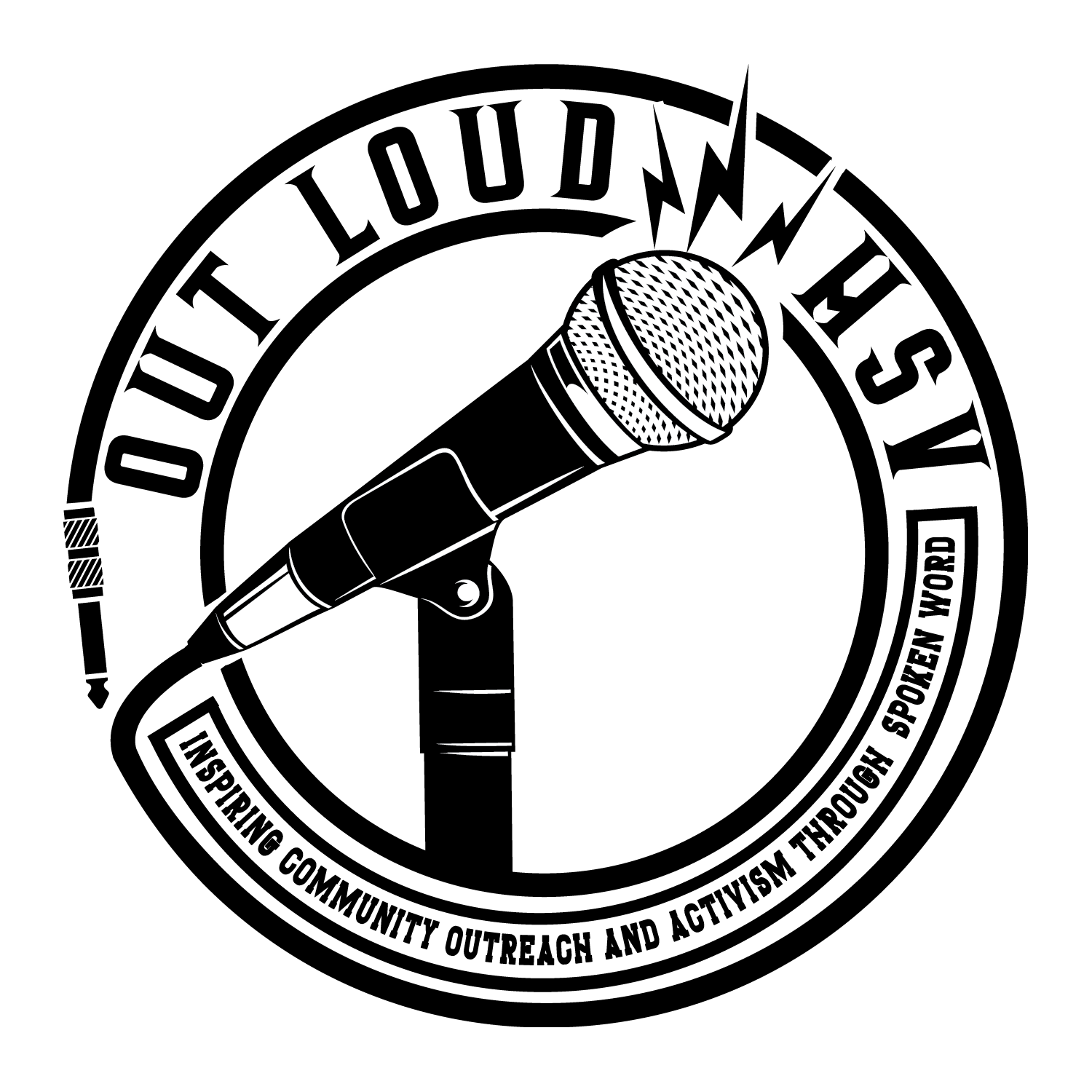Well we're a month in to the start of the slams and I'd say they've been an incredible success! I am so pleased as punch at all of you people getting up and trying this for the first time - I know it is intimidating as hell to get up on that stage and have people judge you, and you are all brave, wonderful, resilient poets. I promise I know the fear - check out sweet baby Kimberly at her first national level competition below - ain't she swell? (check out that nervous footwork - that's how you can tell I'm freaking out inside)
We've had some questions along the way, and I am choosing to use this weeks blog for a more in depth explanation on what exactly slam is, why the hell we do it, and how we can improve.
Poetry slam was invented in 1984 by construction worker Marc Smith as a bar game. The idea was to create a way that poetry readings could be more interactive with the audience. Give a few folks some score cards and the power to speak their mind and judge, and voila, you have a rowdy ass poetry event.
The basic rules and scoring guidelines are as follows:
1. Poets must perform their own original work – no covers. If a poet breaks this rule, they will be disqualified.
2. No props, musical instruments or costumes. If a poet breaks this rule, they will be disqualified.
3. Poems are to be timed beginning the moment the poet first speaks. Poems are to last no more than three minutes. For every ten seconds a poet goes over three minutes, .5 will be deducted from their score.
4. If the poet hits 4 minutes, the timer is to notify the host and the poet will be cut off.
5. Five judges chosen at random will score each poem on a scale of 0.0 to 10. Scores are only to be given out to one decimal point. The high and low scores will be dropped, and the middle three scores will be added together to give the poet his or her final score for that round.
6. If 8 poets participate in the first round, the two lowest scores will be dropped each round, to leave 4 poets in the final round.
7. Scores are cumulative, meaning first round score gets added to the second round to determine who moves on, and the third round score is added to that to determine a winner.
If you are interested in learning more, check out Poetry Slam Inc for the official rules and regs.
A common concern is do poets have to have the poem memorized. This is not necessary, but the reason it is recommended is that it allows you to be your most comfortable with the poem - you can work on your pacing, you cadence, you breath everything. And having no paper in your hands means you can gesture, which can really help a piece become more than just a reading, it becomes a performance. I have seen some people do some great performances without having a poem memorized (like Kristy Jane From-Brown, winner of our second slam) but you can tell that they are not just reading off the page, they are using it for reference. They know where to pause, to breathe, to get loud or be soft. They interact with the poem rather than just reading it. So to get here you have to just practice OUT LOUD (get it?)
Another concern is content. Often people think the subject matter has to be so serious, or political, but it is important to keep in mind there is no required subject. Slam is what you bring to it. If you are performing a piece and interacting with the audience, you are well on your way. Slam poems can be funny! They can be about summer camp, or your goldfish, or your issues with your mom, or how much you love your mom, or whatever the heck you can dream up. Are you competing in a slam? If you answered yes, your poem is now a slam poem. Deal with it.
Every time we get up on stage it is a learning experience, and trust me, I am still learning. But we are a community, and we share our knowledge, and we grow together. I hope that you lovely people who slammed in the first month will come back and give it many more chances, and I hope you quiet audience members connect and give it a shot someday - although it is nerve racking, it is a liberating experience. Any more questions? Concerns? Feel free to ask them here, send us an email, or just scour the internet. Poetry slam is a huge web of wonderful words - there are endless YouTube videos you can use for inspiration. Just start looking!

